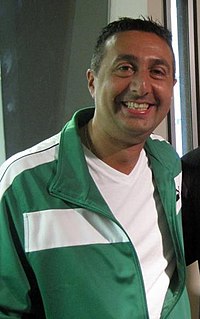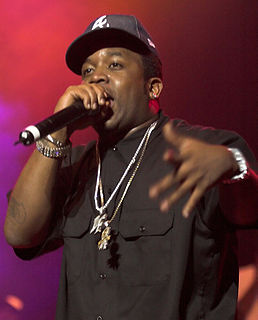A Quote by Kiese Laymon
One of the problems with a lot of "confessional" writing is that it starts and stops with the confessional and doesn't really tie the "I" into a "we" at all. I'm still surprised at how mad critics get at that kind of confessional writing.





































